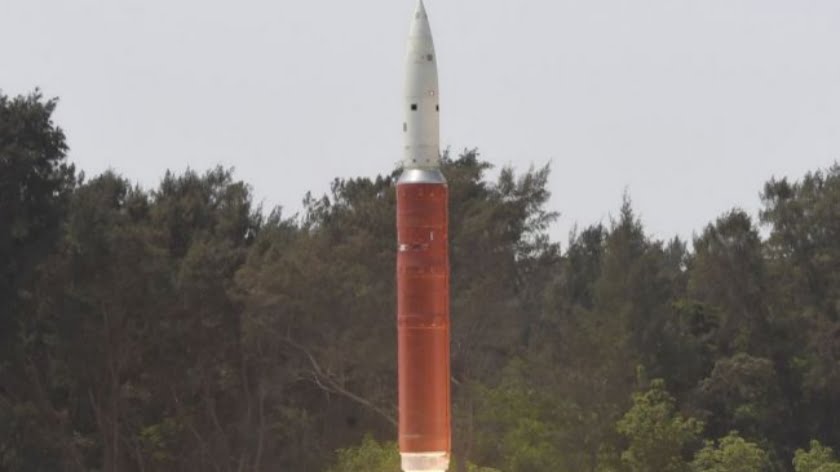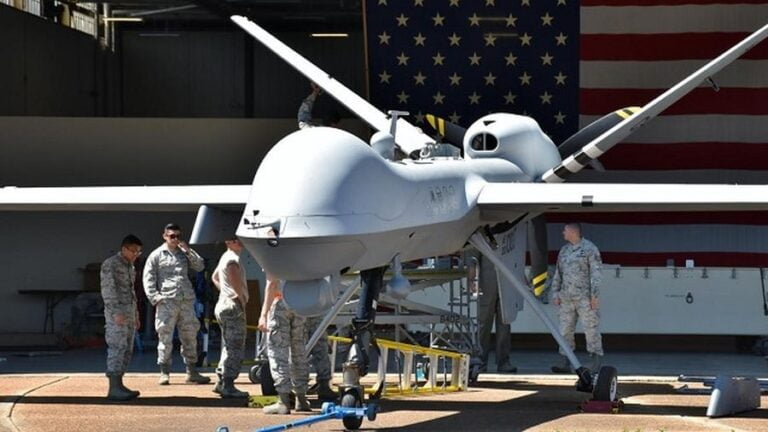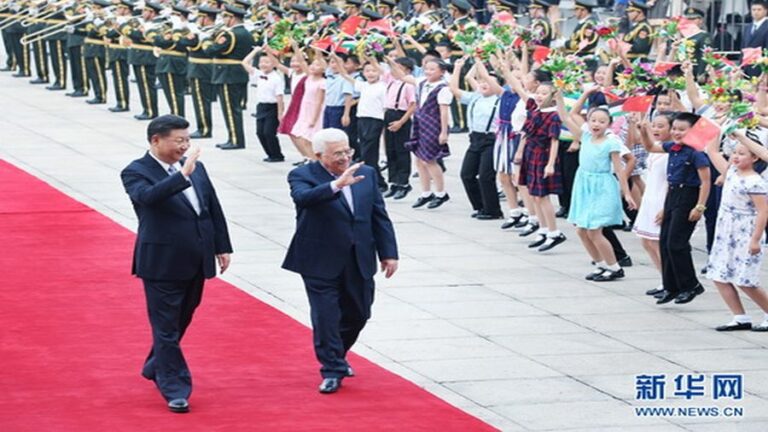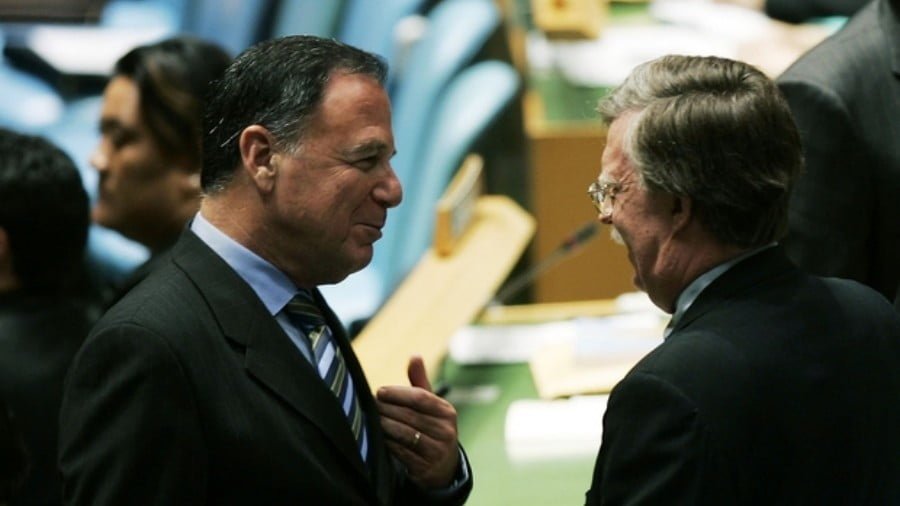India’s Stepping Up the Pace of the South Asian Space Race
Whether it’s through its recent anti-satellite missile test, its newly created de-facto “Space Force”, or its plans to build a space station around 2030, India’s stepping up the pace of the South Asian space race and greatly destabilizing the region in the process, though inadvertently shaping the strategic conditions for Russia and Pakistan to further expand their strategic partnership in response in order to restore the balance of power in this part of the world.
All the signs coming out of India nowadays seem to imply that Modi is motivated to make his second term in office all about the space race. He provocatively tested an anti-satellite (ASAT) missile during his re-election campaign and reportedly did the same with a hypersonic one earlier this week too. In addition, the country plans to be the fourth one to land a rover on the moon later this summer and has set the ambitious task of building a space station around 2030. Furthermore, the newly created “Defense Space Agency” (DSA, India’s de-facto analogue to Trump’s so-called “Space Force“) just announced that it’ll hold a space war simulation next month, with it being obvious that this is probably being done at the US’ behest as part of its “Indo-Pacific” strategy to “contain” China, the only realistic adversary that India would ever have to confront in space at this point. Suffice to say, India’s stepping up the pace of the South Asian space race and destabilizing the region in the process.
It’s not for naught, then, that Russia and and the global pivot state of Pakistan recently concluded a space pact whereby both countries jointly condemned the militarization of this domain, hinting that further cooperation in this respective sector might be in the cards if Moscow becomes convinced that New Delhi is geopolitically irredeemable. Although Russia is cooperating real closely with India in the space sector, it’s only doing so for peaceful ends and to also rake in billions of dollars in future revenue for its sanctions-plagued budget if it can “capture” that country as its exclusive customer, something that’ll be more difficult to do than ever before now that the US is fiercely competing for this market. Considering that Russia slyly criticized India’s ASAT test in a very carefully worded statement around that time and also has no intention of helping the South Asian state aggressively militarize space, whereas the US is willing to invest whatever is needed in order to improve India’s space capabilities as a means to “contain” China, it’s very likely that Washington will ultimately have the upper hand in this respect.
That’s not to say that Russia won’t have a role to play in the South Asian space race, however, since it’s paradoxically poised to have a more important one than ever before under those conditions if it can successfully leverage its “balancing” act in order to stabilize the region. China is already working very closely with the Pakistan in all fields, so if Russia increases its cooperation with Beijing’s prime partner and especially in the peaceful space domain, then the nascent Multipolar Trilateral might be able to counteract the destabilizing impact of the US-Indian Strategic Partnership’s coordinated progress in space. Russia would ideally retain its strategic partnership with India in this scenario and therefore have a hand in both it and Pakistan’s rise as global space powers, with the first-mentioned also collaborating with the US in this regard while the second would be working with China to that end. Russia, as the only Great Power with prospectively equal relations with both South Asian rivals, would therefore be able to restore the balance of power and preserve regional peace.
By Andrew Korybko
Source: Eurasia Future







